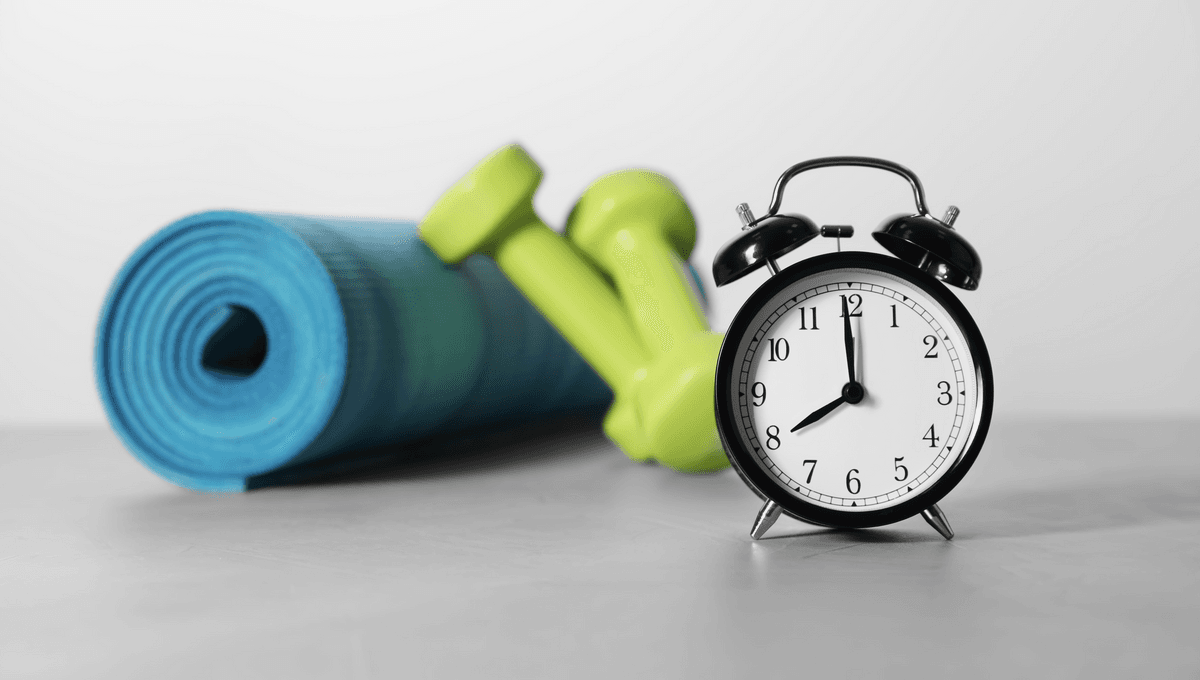
With the exception of a few genetic lottery winners, many people have felt it at some point in their life: the frustration of standing on the bathroom scales after a few weeks of diligent exercise, seeing the exact same number as before you even bothered.
It’s enough to make you lose faith in the whole concept of working out – but according to a new study, the key may not be how you exercise, but when.
“Our results suggest that late morning exercise could be more effective than late evening exercise in terms of boosting the metabolism and the burning of fat,” explained Juleen R. Zierath, a professor from the Department of Molecular Medicine and Surgery and the Department of Physiology and Pharmacology at Sweden’s Karolinska Institutet, in a statement.
“If this is the case, they could prove of value to people who are overweight,” she said.
There’s a pretty big caveat to this conclusion, though: the effect has only been confirmed in mice. Zierath and her team performed RNA analysis of the rodents’ adipose tissue – that is, their body fat – after a bout of high-intensity exercise, looking for specific markers that would show an enhanced metabolic response.
Here’s the catch: the mice were split into four groups, rationing out their time on the tiny treadmill according to schedule. That meant one group of the little guys got the early shift at the gym – one hour of intense exercise during the “early active” phase of the rodents’ circadian rhythm – while another completed the same workout later, during the “early rest” phase. In humans, those times correspond to late morning and late evening, respectively.
The other two groups of mice fared much luckier, meanwhile, acting as lazy controls for their sporty brethren.
Even though the exercise regimens were the same, the researchers found a big difference between the metabolisms of the earlier and later groups of sportsmice. Physical activity at the early active phase, the analysis revealed, resulted in increased expression of the genes involved in the breakdown of adipose tissue, higher levels of heat production in the body, and more mitochondria in the adipose tissue – all indications of a higher metabolic rate.
It wasn’t due to that other all-important daily rhythm – the one living in your guts – either. The effect held even when the mice had been fasting beforehand: “feeding status is secondary to time of day as a regulator of exercise-responsive transcriptional activity in adipose tissue,” the paper notes.
So, could these findings be the key to boosting the efficiency of our own workouts? Well, there are a few things to bear in mind before we start drawing that kind of conclusion. First of all, while mice and humans do share many basic physiological functions – there’s a reason they’re so widespread as lab animals, after all – there’s a pretty big difference when it comes to our circadian rhythms: namely, mice are nocturnal.
Nevertheless, the researchers believe there’s enough evidence here to warrant further investigation in humans. Until then – well, if we happen to switch our workout to a morning rather than an evening session, that’s nobody’s business but our own.
“The right timing seems to be important to the body’s energy balance and to improving the health benefits of exercise,” concluded Zierath, “but more studies are needed to draw any reliable conclusions about the relevance of our findings to humans.”
The results can be found in the Proceedings of the National Academy of Sciences.
Source Link: When You Exercise May Affect How Much Fat You Burn